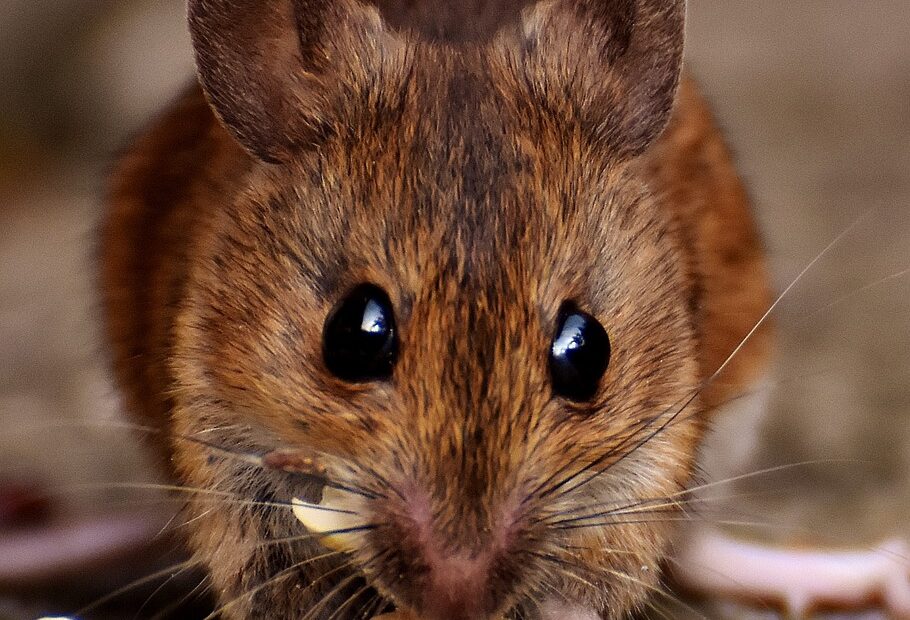To demonstrate the role of gut microbiota in ASD onset, intestinal microorganisms of autistic children and neurotypical controls were transplanted in germ free mice (mice that lack intestinal microorganisms). The behavior of mice that had received ASD microbiota exhibit decreased exploratory and social behavior accompanied with intestinal and systemic, inflammation demonstrating that gut microbiota alone induces ASD-like behavior.
Then again, in a mouse model of ASD, dietary interventions consisting in specific prebiotic fibers promoting the growth of intestinal beneficial bacteria, significantly ameliorated ASD-like behavior associated with restored immune homeostasis, improved gut barrier permeability, and restored key bacterial taxa.
